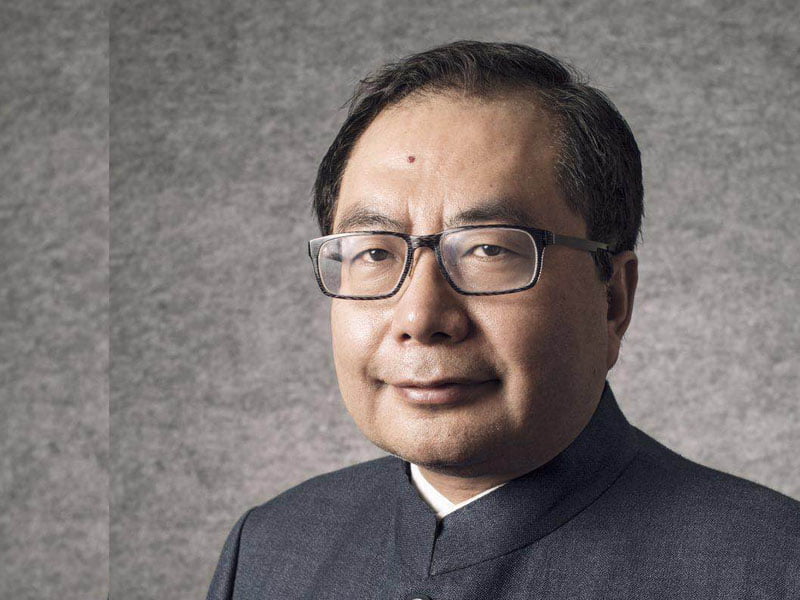Australia’s Significant Investor Visa program is short-sighted and undervalues the strength of the Australia-China economic relationship, according to influential billionaire Chinese businessman Xiao Wunan.
The SIV program, through which immigrants can invest $5 million in return for an expedited route to permanent residency, is expected to deliver at least $350 million in new venture capital funding and small cap investments. The lion’s share of visa applicants – more than 95 per cent – are from China.
But Mr Xiao, who is executive vice-chairman of the China-led Asia Pacific Exchange and Cooperation Foundation and is considered close to the central government, says a more straight-forward collaboration of research and innovation sectors would deliver greater returns to both countries.

Better integration of industries would also attract greater inward flows of Chinese capital to Australia than short-termist immigration incentives, he says, particularly to industries where Australia has expertise or competitive advantage.
The SIV program is a sore point with China.
He points to the strategic industrial and technology relationships in countries like Israel and France, where investments and collaborations have delivered benefit orders-of-magnitude greater benefits than anything a one-off visa program can deliver.
China and Israel have built a special relationship in financial technology (including the establishment of China-based FinTech centre), and over 20 years have had a succession of rich collaborations in agriculture, biology, communications, and now environmental technology.
Last year, China and France also signed cooperative agreements focused on maritime technology, from biology to communications and ship-building.
Mr Xiao argues whatever the short-term windfall of potential investment dollars, the SIV program sells the China-Australia relationship short.
“It is my observation that in all of the world, the two countries that have the most complimentary economies are China and Australia,” Mr Xiao said. “And this complimentary economic reliance continues into the future.”
“We can reach further [in this relationship] than just to focus on raw materials. There is certainly a lot of opportunity to increase the level of collaboration between the two countries, especially in the area of tech innovation,” he said.
Specifically, Mr Xiao said Australia should consider offering 10-year, open business visas to potential investors and business partners from China. This would drive greater numbers of collaborators between the two countries – and most likely more investment dollars as well.
Australia had some natural advantages and competitive expertise in areas like pharmaceutical research and biomedical technology, on agricultural research and in mining technologies. But there was also room for better market integration in information technology – especially in the provision of tech services.
He said the signing of the China Free Trade Agreement would open opportunities in the service sector, particularly in financial services and logistics. He expected that Australian IT innovators could benefit from expanded services trade in these key sectors.
Mr Xiao, who acts as a senior advisor to the massive Qianhai free trade zone for the services sector in Shenzhen, which will provide a tax-free jumping off point for financial services, logistics and IT companies looking to establish a mainland presence. Qianhai is seen as financial services competitor to Hong Kong (and will in the next three years be connected to Hong Kong’s central district via high speed train.)
Speaking from an Asia Pacific Exchange and Cooperation Foundation perspective, Mr Xiao said Australian diplomacy had a strong role to play in relation to China precisely because of the strength of the Australia-China relationship.
“We understand that Australia is an important player in Western society. However the foundation of the relationship between Australia and China is different. It doesn’t matter which government is in power – whether it is Labor or Liberal – because we have a lot of shared history and have this good foundation,” Mr Xiao said.
The strength of that economic relationship is something the Treasurer Joe Hockey remarked on in his opening comments to the China-Australia Strategic Economic Dialog in Canberra last Thursday.
“China is Australia’s largest trading partner with two-way goods and services trade worth more than $150 billion annually,” Mr Hockey said. “When diplomatic relations were established in 1972, China accounted for 1 per cent of Australia’s good trade. Today, China’s share is around 30 times larger.”
Do you know more? Contact James Riley via Email.

